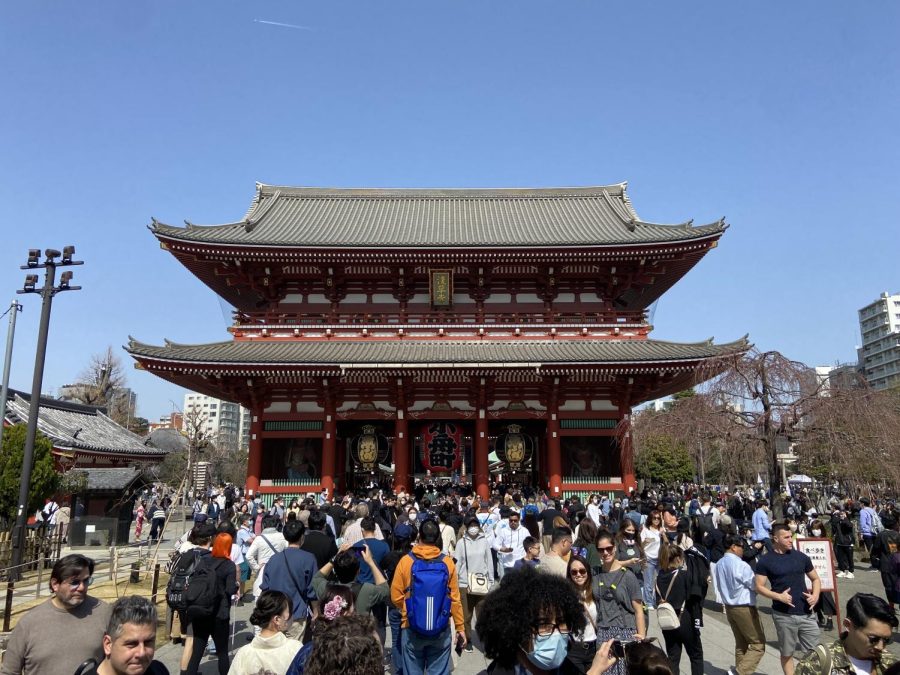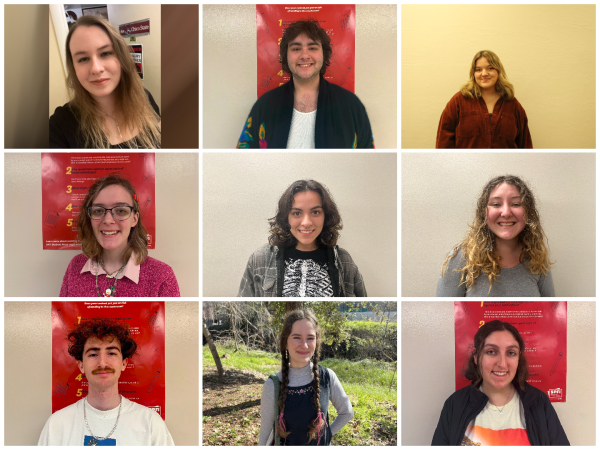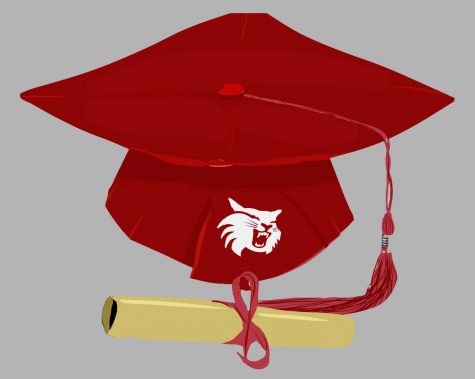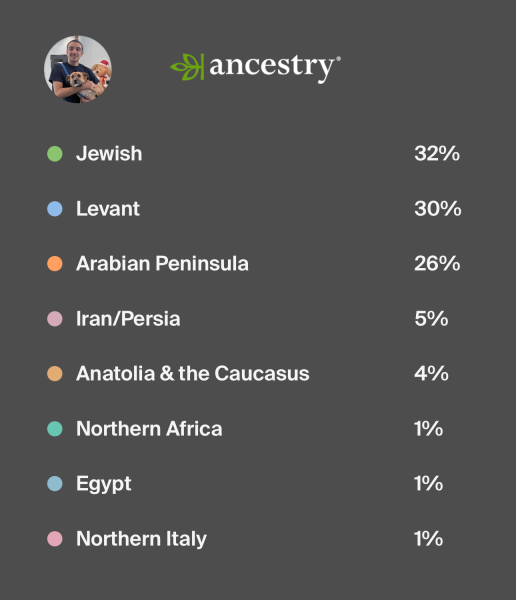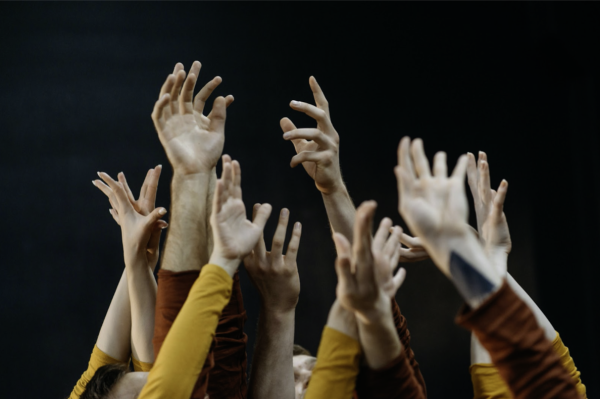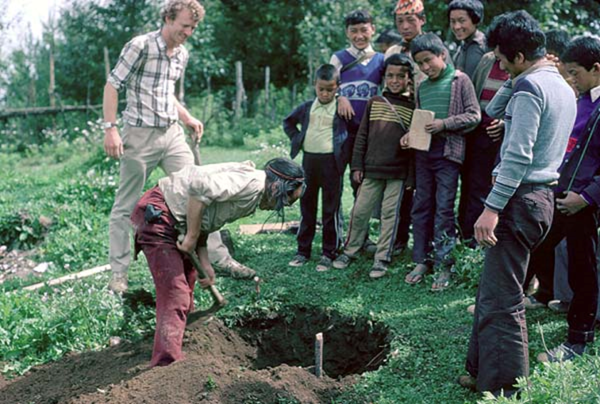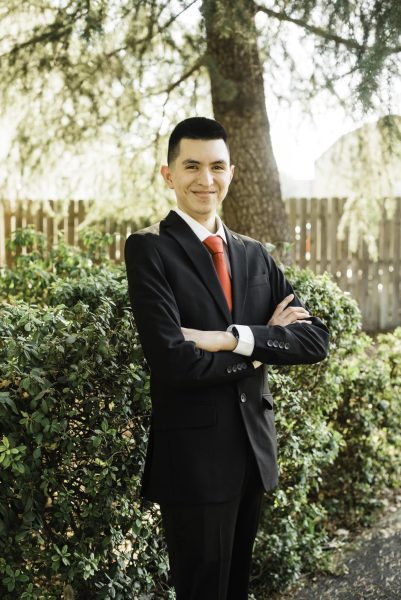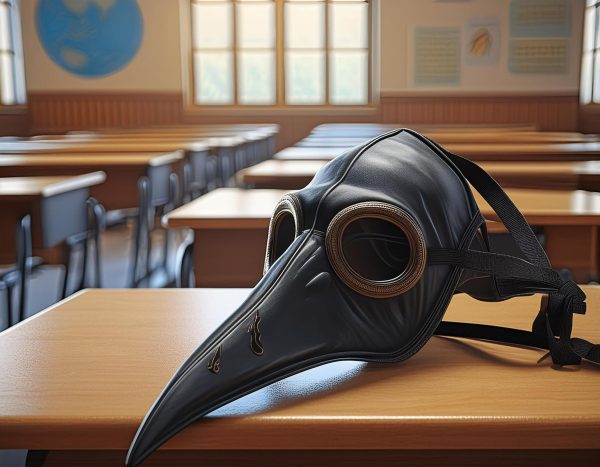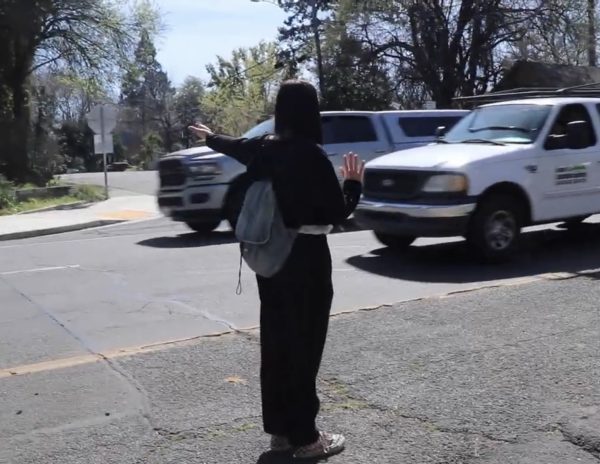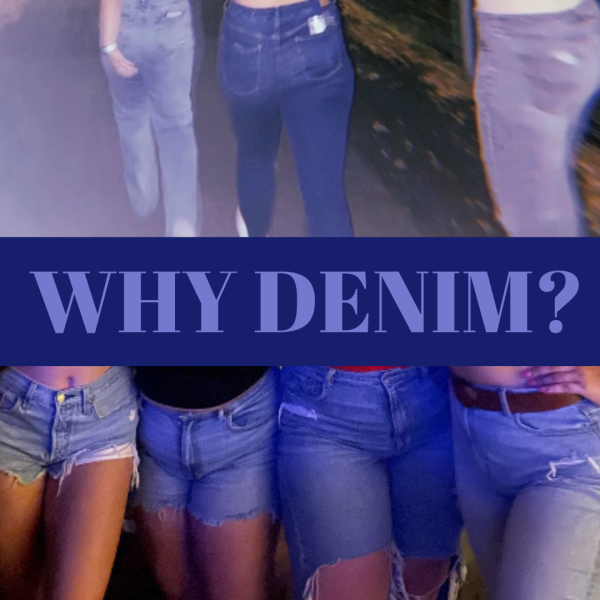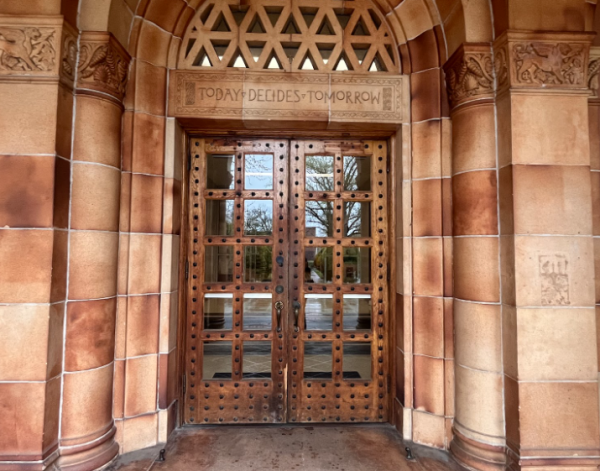Embark on a journey of sushi, speeches and serenity: Discovering the wonders of Japan
When I found out that I had the opportunity to represent Chico State’s speech and debate team at the International Forensics Association tournament in Tokyo, Japan, I was thrilled. As an aspiring public speaker, I knew this was a once-in-a-lifetime opportunity to compete with other amazing schools and to travel.
Our international speech and debate team consists of 12 students and two coaches, Mark Faaita and Brett Butler. Faaita has been the director of the speech and debate team for two years and Butler, a Butte College professor, started helping us this semester. Most of our team did roughly the same type of speeches. Some of these speeches include but are not limited to,
- Platform speech: these include persuasive, informative and after dinner speeches. After dinner speeches have humor implemented in them. All speeches where you move the audience to think, feel or act differently.
- Poetry program: a collective of several different poems spliced together to send a strong message to the audience.
- Impromptu: a 7-minute speech where you get the prompt such as a quote and you interpret it in your own way.
- Extemporaneus: a 10-minute speech on a political topic that you get 30-minutes to prepare for.
As I prepared for the trip, I felt a sense of trepidation. I’ve never traveled to Asia, let alone taken a 12-hour flight. I was worried about the language barrier, the unfamiliar customs and the pressures of competing in a new environment.
As I arrived in Tokyo and stepped out into the bustling streets, I felt a sense of culture shock. The compact apartment structures left no room for any alleyways. Garbage cans were harder to find than a temple. I also struggled to navigate the maze that is their public transportation system, with Google Translate at hand for the majority of train rides trying to decipher every stop. Standing shoulder to shoulder, the trains were always jammed packed, but quieter than the third floor of the Meriam Library.
We went to the Senso-ji Temple on the first full day. It was an absolute marvel with beautiful bright-red pillars and a large red lantern at the main entrance. Around the temple smoke was coming from a sacred blessing well. The main gates lead to the shopping street called Nakimisedori, which had traditional Japanese souvenirs, snacks and my favorite matcha ice cream. The area was insanely crowded and our coach Mark — who we sometimes call “Mama Mark” — already looked stressed as this is one of the most popular tourist destinations in Japan, and the speech and debate team is not known for keeping quiet or still.
After the temple we decided to hit up Akihabara, the anime district in Tokyo, which felt like New York Times Square plaza but with a lot more people. The area had billboards flooding the skyscrapers featuring a new anime movie or TV show, with neon lights shining on every store you walk by. This district is where I spent most of my money, as a huge anime fan this was my favorite area to explore. I ended up getting a lot of souvenirs such as cute anime keychains and stuffed plushies. Akihabara felt very unique compared to the rest of Tokyo, with a lively atmosphere and a lot of people dressed like anime characters throughout the district.
The following day we decided to split up into smaller groups, as Japan is more suited for a squad of four rather than 14. Most of us explored the city of Tokyo and others went to Tokyo Disneyland. I went to Shibuya with my teammates Jacob Tobias, Grace Mott and Rafael Fogo-Schensul where we got lost multiple times in the train system and tried some delicious cuisine.
My favorite restaurant was a ramen restaurant that had a hint of introvertness to it. We sat at a bar facing a wall and ordered using a digital screen. A wall blocked our view, so we couldn’t see the servers, only glimpses of their feet. It was a cool experience and the ability to customize your ramen however you want was a nice touch. Although I couldn’t speak their language, the service and food were amazing.
We walked across Shibuya Crossings around six times just for the fun of it. The crossings are a six-intersection pedestrian-area that floods the streets with hundreds of people at a time. It was unbelievable seeing that many people move at once, and after a while it was exhilarating to be part of the collective mass of people going about their day.
The competitions lasted two days all held within the hotel rooms we were staying at. At first it felt awkward competing in people’s hotel rooms. Seeing their luggages scattered around while still trying to remain focused for the judges was a bit challenging. The hotel was big enough to host our event, but it was strange the tournament wasn’t on a college campus, like we are used to. The competition had different colleges and universities from all over the country including El Camino College, Texas Southern University, University of Utah, Colorado College, and many more.
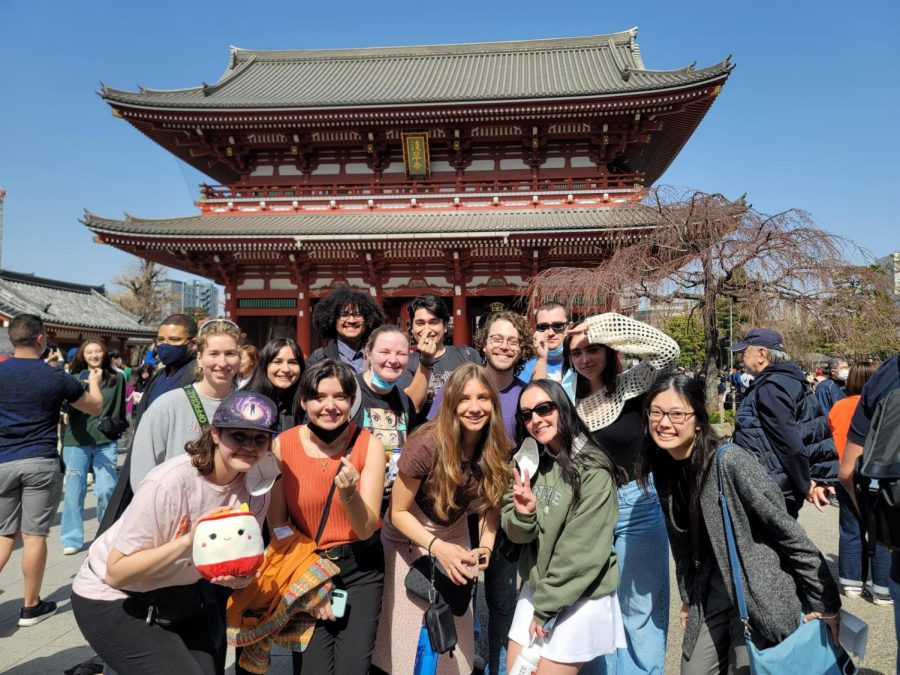
The first day of competition included debate rounds, impromptu speeches and poetry interpretation. The debate side of the team consists of Marin Spalding, Jacob Tobias, Jayme Willis and Sofia Thomas. Unfortunately we did not win. Cody Hagemeier, a talented student from El Camino College, emerged with the trophy.
Impromptu speeches were also held on the first day. I had fun during my rounds and got to discuss famous fictional characters from movies and books. Outcome variation is one of my favorite aspects of timed speeches due to how differently everyone interprets the prompt. Although I did not get into the final elimination rounds, Tobias and Thomas did. Thomas won fifth place overall.
The poetry, persuasive speech, extemporaneous — similar to impromptu but with 30-minutes of prep time and 10 minutes to give the speech — and many other speech rounds were held on the last days. My poetry piece used song lyrics and poems I found to discuss problems surrounding working tirelessly in today’s age.
My persuasive speech discusses the harms of microtransactions in video games and how we can combat this problem. None of my speeches went to the final rounds either, but Tobias got sixth place on his extemporaneous speech and fifth place on his poetry program overall.
Although none of us walked away with physical trophies I believe we did our best and couldn’t have asked for a better team to represent Chico State. We all worked tirelessly on our pieces and it really shows just how much this course means to us.
As I returned home from my trip, I felt so relieved that the competition was over but sad that I had to say goodbye to an experience of a lifetime. Spending only two free days in Japan was too little and I definitely plan to go back, not to compete but just to explore the city. I’ve gained a new appreciation of the power of communication as I watched my competitors and teammates give it their all in every speech they had. I also now discovered a new passion for travel and can’t wait to hop back on a plane, even if it’s another 12 hours.
Alejandro Zepeda can be reached at [email protected].








